Page Contents
As individuals age, their well-being becomes increasingly dependent on various social factors that influence their physical, mental, and emotional health. Social interaction and connection play a vital role in the overall well-being of the elderly. The positive impact of strong social ties on their quality of life cannot be understated. This blog article explores the significance of social factors for the well-being of the elderly and emphasizes the importance of fostering social engagement within ageing communities.
Social support
One of the key social factors that contribute to the well-being of the elderly is social support. Strong social networks provide emotional, informational, and instrumental support that can help seniors navigate the challenges that come with ageing. Supportive relationships with family, friends, neighbours, and community members not only alleviate feelings of loneliness and isolation but also promote a sense of belonging and purpose.
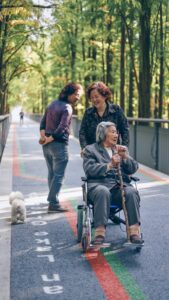
Mental stimulation
Engaging in social activities and interactions provides essential mental stimulation for the elderly. Regular social engagement can help seniors maintain cognitive function, enhance memory, and reduce the risk of mental decline. Social interactions often involve engaging in conversations, problem-solving, and participating in group activities, all of which stimulate the brain and contribute to cognitive vitality.
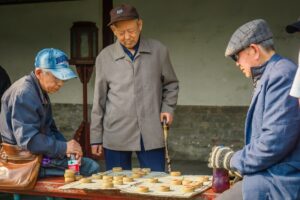
Emotional well-being
Loneliness and social isolation can have a detrimental impact on the emotional well-being of the elderly. Maintaining social connections helps prevent or alleviate feelings of loneliness, depression, and anxiety. Social support systems provide opportunities for emotional expression, empathy, and companionship, fostering positive emotions and a sense of fulfillment.

Physical health
Social factors also play a significant role in promoting physical health among the elderly. Engaging in social activities often encourages physical movement, which is crucial for maintaining mobility, strength, and overall physical well-being. Social engagement can motivate seniors to participate in exercise classes such as yoga and Tai Chi Quan, outdoor activities, or simply engage in regular walks with companions, thereby promoting a healthier lifestyle.
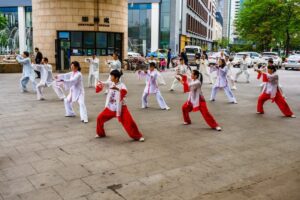
Sense of purpose
Social interactions provide the elderly with a sense of purpose and meaning. When individuals feel connected to their community and have opportunities to contribute, they experience a greater sense of value and satisfaction. Volunteering, participating in group activities, or sharing experiences with others can help seniors maintain a strong sense of identity and purpose beyond their own personal needs.
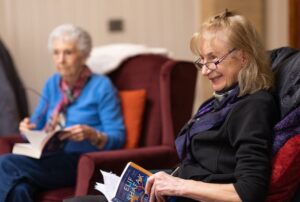
Cognitive reserve
Building a strong social network can contribute to cognitive reserve, which refers to the brain’s ability to adapt and withstand age-related changes. Engaging in intellectually stimulating conversations, debates, and discussions with peers can help maintain cognitive function and delay the onset of cognitive decline.
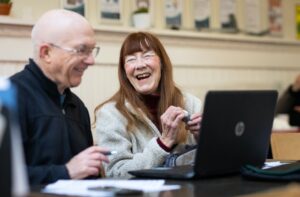
Knowledge and information sharing
Social interactions provide a platform for knowledge and information sharing, which is particularly important for the elderly. Older adults can benefit from exchanging experiences, learning from others, and staying informed about relevant topics. Access to diverse perspectives and knowledge can enrich their lives and enable them to make informed decisions regarding their health, finances, and general well-being.

Conclusion
Social factors are crucial for the well-being of the elderly, impacting their physical, mental, and emotional health. Strong social networks, support systems, and engagement within communities provide a sense of belonging, purpose, and connection. Promoting social interactions and fostering a supportive environment for the elderly is essential in ensuring their continued health, happiness, and overall well-being as they age. Recognizing the importance of social factors and implementing strategies to enhance social engagement can contribute to the creation of thriving ageing communities where seniors can enjoy fulfilling lives.
